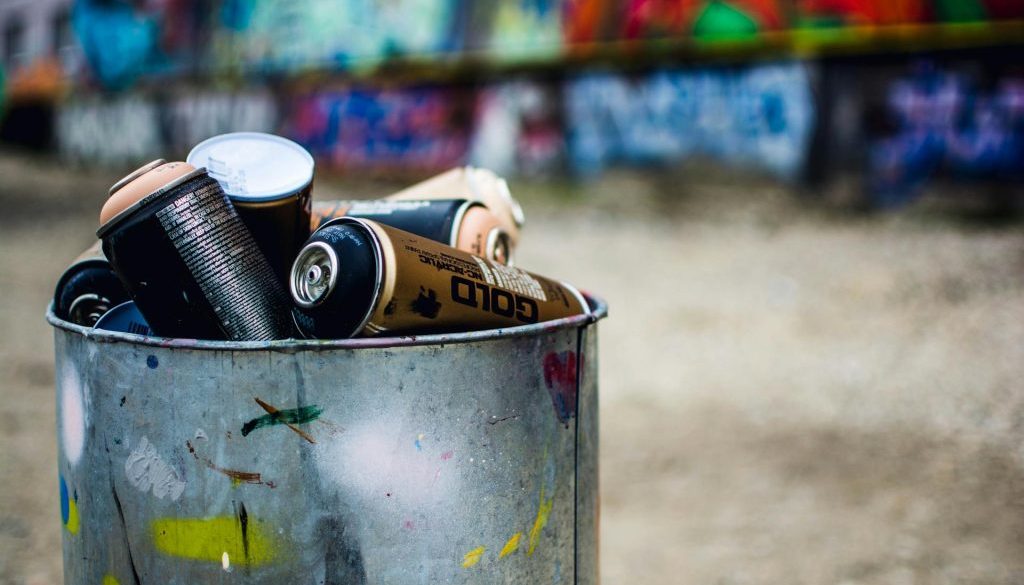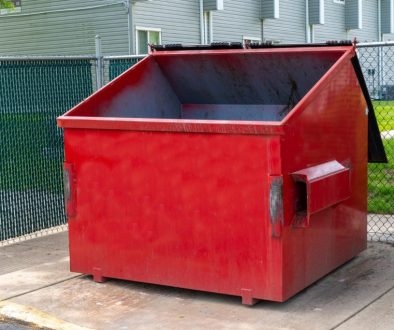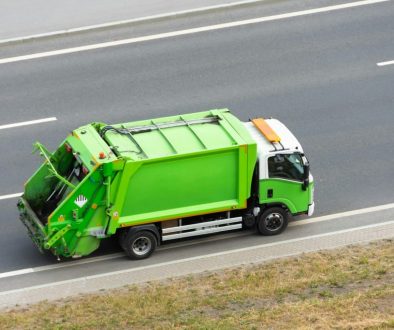Hazardous waste can sneakily accumulate in many garages, hiding in everyday items like old paint cans, used motor oils, and worn-out batteries. These materials, if not properly managed, can pose serious risks to both your home and the environment. Having an audit to identify hazardous waste in your garage is an essential step towards maintaining a safe and clean space. By regularly assessing what’s lurking in corners or on shelves, you can prevent potential dangers and ensure that your garage is not setting up traps for unwanted accidents.
Doing a hazardous waste audit might seem like an overwhelming task, but it can greatly benefit homes in Cheshire. Many people are unclear about what counts as hazardous waste or how to safely handle it. With clear guidance, it becomes much easier to figure out which materials need special attention. Here’s how conducting an audit can help you get on top of things, clear up some misconceptions, and prepare your garage for a safer future.
Identify Common Hazardous Materials
Before starting the audit, it’s useful to know which materials are often found in garages that might be hazardous. This knowledge can help focus your efforts and keep you safe by preventing unnecessary handling of dangerous items. Here’s a quick rundown of materials to be cautious of:
– Paint and Solvents: Leftover paints and solvents such as thinners are frequent inhabitants of garages. They might seem harmless, but these materials consist of chemicals that can release harmful fumes and are flammable, posing a fire hazard.
– Batteries: Whether they’re lead-acid batteries from cars or smaller ones from gadgets, batteries hold chemicals like lead and acids that can leak if damaged. This leakage is harmful to both us and the environment.
– Motor Oils and Filters: These are common in garages where car maintenance is done. Used motor oils might have picked up metal shavings, dirt, and chemicals over time, which makes them hazardous. Improper disposal can pollute water sources and soil.
– Cleaning Products: We don’t often think of cleaners as hazardous, but many contain chemicals that are harmful if ingested, inhaled, or come in contact with skin.
Understanding these materials and their potential impact is key to conducting a successful waste audit. While it might be tempting to ignore items that don’t seem dangerous, it’s crucial to handle everything appropriately to ensure you’re not putting yourself at risk. Using the right steps for your hazardous waste audit will guide you through assessing and eventually disposing of the items that require care.
Steps to Conduct a Hazardous Waste Audit
Now that you’ve identified common hazardous items lurking in your garage, it’s time to roll up your sleeves and get started on that audit. As with any important task, you’ll want to approach this step-by-step to avoid overlooking anything. Here’s a simple plan to guide you:
1. Prepare Your Workspace: Ensure your garage is well-ventilated by opening doors and windows. This will help you avoid inhaling any harmful fumes during the process. Gather necessary protective gear like gloves and masks for personal safety.
2. Sort Through Items: Begin by categorising items in your garage. Separate those you suspect might be hazardous from those you’re sure are safe. Items to focus on include paint cans, oil containers, batteries, and chemical cleaners.
3. Inspect Containers: Check the condition of containers for leaks or damage. Leaking items are particularly dangerous, as they might expose you to harmful chemicals. Set aside damaged containers for immediate action.
4. Make Notes and Labels: Keep track of what you’ve found. It can be helpful to write down items that were previously unknown risks or that require special disposal. Label these for easy identification later on.
5. Plan for Disposal: Make a list of everything that needs disposing of. This plan will set the stage for getting rid of these materials safely and responsibly.
Undertaking an audit requires patience and attention, but developing a system makes it manageable and ensures nothing gets missed.
Safe Disposal Methods
Now that you’ve gathered your hazardous waste, it’s crucial to dispose of it wisely. Improper disposal can lead to environmental damage and health risks. Here are some strategies you can implement:
– Use Professional Services: Opt for services that handle hazardous waste safely. They have the expertise and resources to ensure that waste is disposed of in compliance with regulations.
– Drop-Off at Designated Centres: Many areas have specific locations designated for hazardous waste drop-off. These centres take a wide range of materials, so they are a good option for items like old batteries and paints.
– Follow Local Guidelines: Adhere to local guidelines for waste collection services. Some areas have special provisions for hazardous waste pickup, ensuring everything is handled securely.
Proper disposal not only protects you and your family but also keeps the environment safe for everyone.
Benefits of Regular Audits
Performing regular hazardous waste audits holds long-term benefits. They play an essential role in maintaining home safety, ensuring that no sneaky dangers linger in your garage. Regular check-ups keep your living space healthier for everyone, preventing accidents before they have a chance to occur.
Additionally, audits provide peace of mind by confirming that potential hazards are detected and managed. When you integrate them into your regular maintenance routine, you build a safer environment, not just for yourself but for neighbours in Winsford too. The benefits ripple beyond individual households, contributing to a cleaner, more secure community.
Wrap-Up
Undertaking a hazardous waste audit may seem like a hefty task, but breaking it down into simple steps makes it approachable. With clear identification, methodical assessment and disposal of hazardous materials, your garage becomes a safer place. Doing this protects everyone you care about from hidden dangers and promotes responsibility in waste management practices.
Making these audits routine empowers homeowners by reducing risks associated with harmful waste buildup. Whether you live alone or share your space, taking proactive steps like these guarantees a positive, lasting impact on your home environment.
Ready to enhance your garage safety? Consider scheduling a professional assessment to ensure all hazardous materials are properly managed. For those in Cheshire seeking reliable waste solutions, Winsford Skip Hire offers a safe and efficient way to dispose of dangerous items. Discover how Enviro Skip Hire can support your efforts toward a cleaner, safer home.




